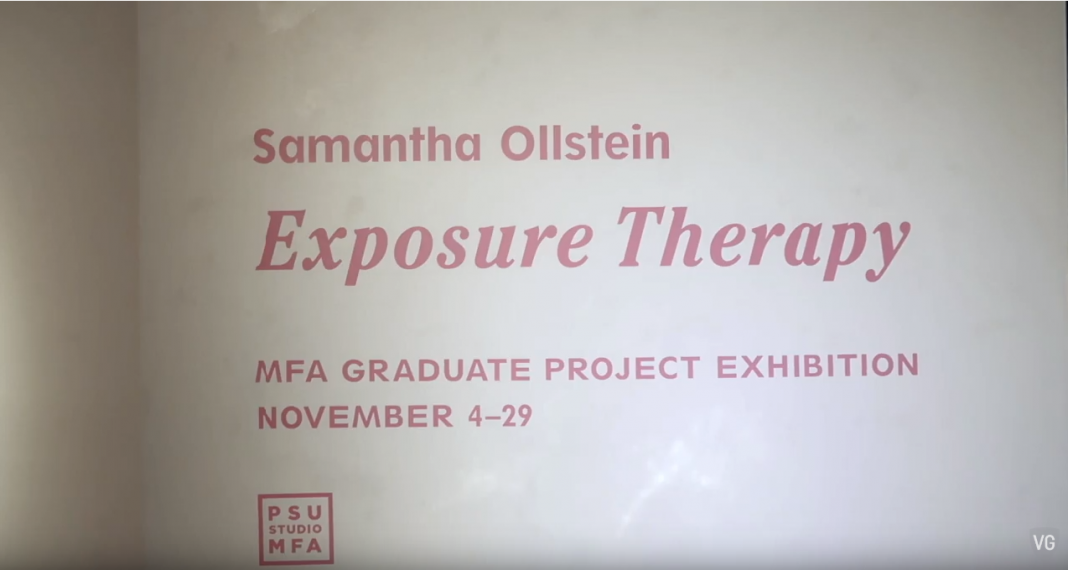The other side of affirmative action
The U.S. Supreme Court denied a request by a group of minority students to fast-track a suit filed against the University of Michigan’s undergraduate admissions system.
The high court’s ruling Monday on procedure in the closely watched case will delay the court’s review by about two weeks, according to lawyers on both sides.
The request, to shorten the briefing schedule by two weeks, was made to keep the undergraduate case on the same review schedule as a similar case against U-M’s law school, said Ted Shaw, a lawyer for the National Association for the Advancement of Colored People’s Legal Defense and Educational Fund, which represents the students.
The high court is scheduled to discuss the law school case Nov. 27.
On Oct. 1, lawyers from the Center for Individual Rights, representing Jennifer Gratz and Patrick Hamacher, who claim they were denied admission as undergraduates in favor of less-qualified minorities, asked the Supreme Court to hear the case, although the U.S. 6th Circuit Court of Appeals has not yet ruled.
On Oct. 15, the minority students who intervened as defendants also asked the high court to hear the Gratz case and shorten the time for CIR to file its response from the usual 30 days to two weeks, according to court documents.
U.S. District Judge Patrick Duggan in Detroit ruled in 2000 that U-M’s current undergraduate admissions system is constitutional, but an earlier system that set aside seats for minorities was not. He also said diversity is a compelling governmental interest that justifies the use of race in admissions.
But in 2001, Duggan ruled the minority students did not prove discrimination at U-M justified the use of a race-conscious undergraduate admissions policy.
The students appealed that ruling to the U.S. 6th Circuit Court of Appeals, which also has not ruled on that portion of the case.
Shaw said he is asking the high court to take the undergraduate case to consider whether U-M’s alleged history of discrimination, as well as the value of diversity, justifies the use of race in admissions.
A ruling in both cases would provide guidance for undergraduate and graduate admissions programs throughout the country, Shaw said Monday.
In 1997, Barbara Grutter sued U-M’s law school, claiming she was denied admission in favor of less-qualified minorities.
In August, CIR asked the high court to review a decision by the appeals court that said U-M’s law school admissions policy, which considers race as a factor, is constitutional.



